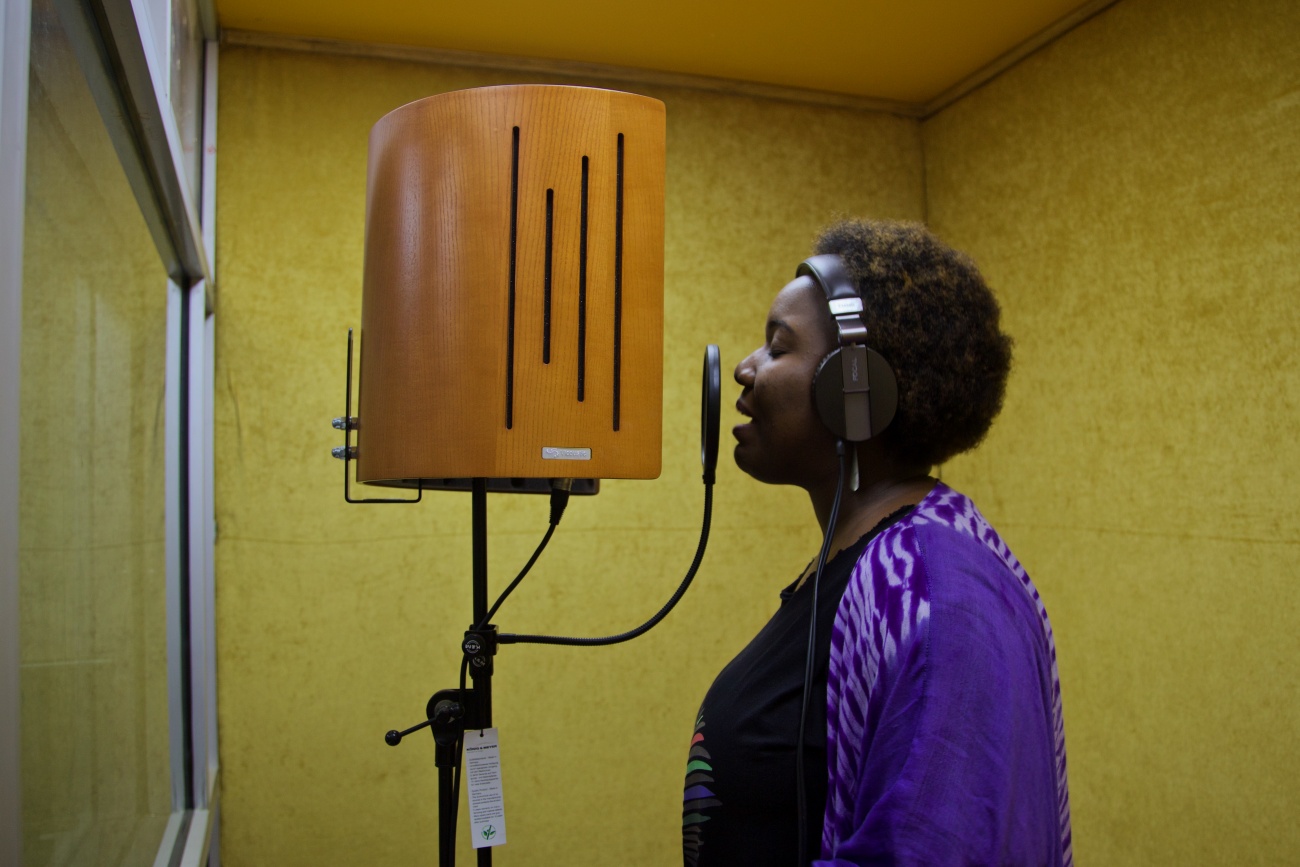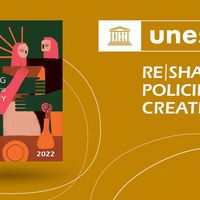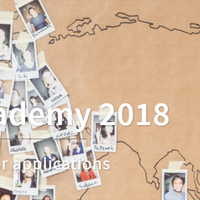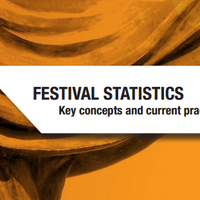UNESCO launches global survey on status of the artist

UNESCO is launching until 23 November 2018 a global survey on policies and measures taken around the world to support the economic and social rights of artists.
It is coming at a critical time when artists and creators around the world have reiterated calls for stronger rights, fairer remuneration, copyright reform, legislation to give creators a fair deal from global companies, especially those providing a platform for user-generated content (UGC).
As reported in UNESCO’s 2018 Global Report 2018 Re|Shaping Cultural Policies, artist’s employment and social status continues to be precarious, with low access to social security, pensions and other welfare provisions.
Much awaited by artists and cultural professionals, the survey’s findings should serve to inform policy decision makers and send an empowering message to the global community– one that allows future generations of creators to make a living from their work.
Professionalizing the status of artists and defining their economic and social working conditions is essential to reaffirm freedom of expression for artists
- Deeyah Khan, film producer and UNESCO Goodwill Ambassador for artistic freedom and creativity
The survey was designed to focus on three thematic areas: culture in the digital environment; transnational mobility of artists and flow of artistic works; social and economic rights, artistic freedom and gender equality.
Aligned with core policy issues addressed by the UNESCO Recommendation on the Status of the Artist, the online questionnaire is available for UNESCO Member States and relevant national and international non-governmental organizations.
Adopted by UNESCO’s General Conference in 1980, this Recommendation calls upon governments to improve the professional, social and economic status of artists through the implementation of policies and measures related to training, social security, employment, income and tax conditions, mobility, and freedom of expression.
The obligation of strengthening the legislation to resolve these issues has given over the last years a renewed impetus to UNESCO’s action. Through its Aschberg programme, and under the framework of the 2005 Convention on the Protection and Promotion of the Diversity of Cultural Expressions, technical assistance is provided to countries wishing to develop or revise their legislative framework for artists and cultural professionals. The Republic of Mauritius has benefited from this dedicated support in 2017 to design such a new regulatory environment.
The findings of the survey will be presented by the UNESCO Director-General to the 40th session of the General Conference in Autumn 2019.
Read more about the survey and how to contribute here
Similar content
posted on
02 Aug 2022
posted on
21 May 2020
posted on
08 Feb 2022
deadline
03 Dec 2021
from - to
01 Sep 2018 - 08 Sep 2018
posted on
09 Apr 2015






